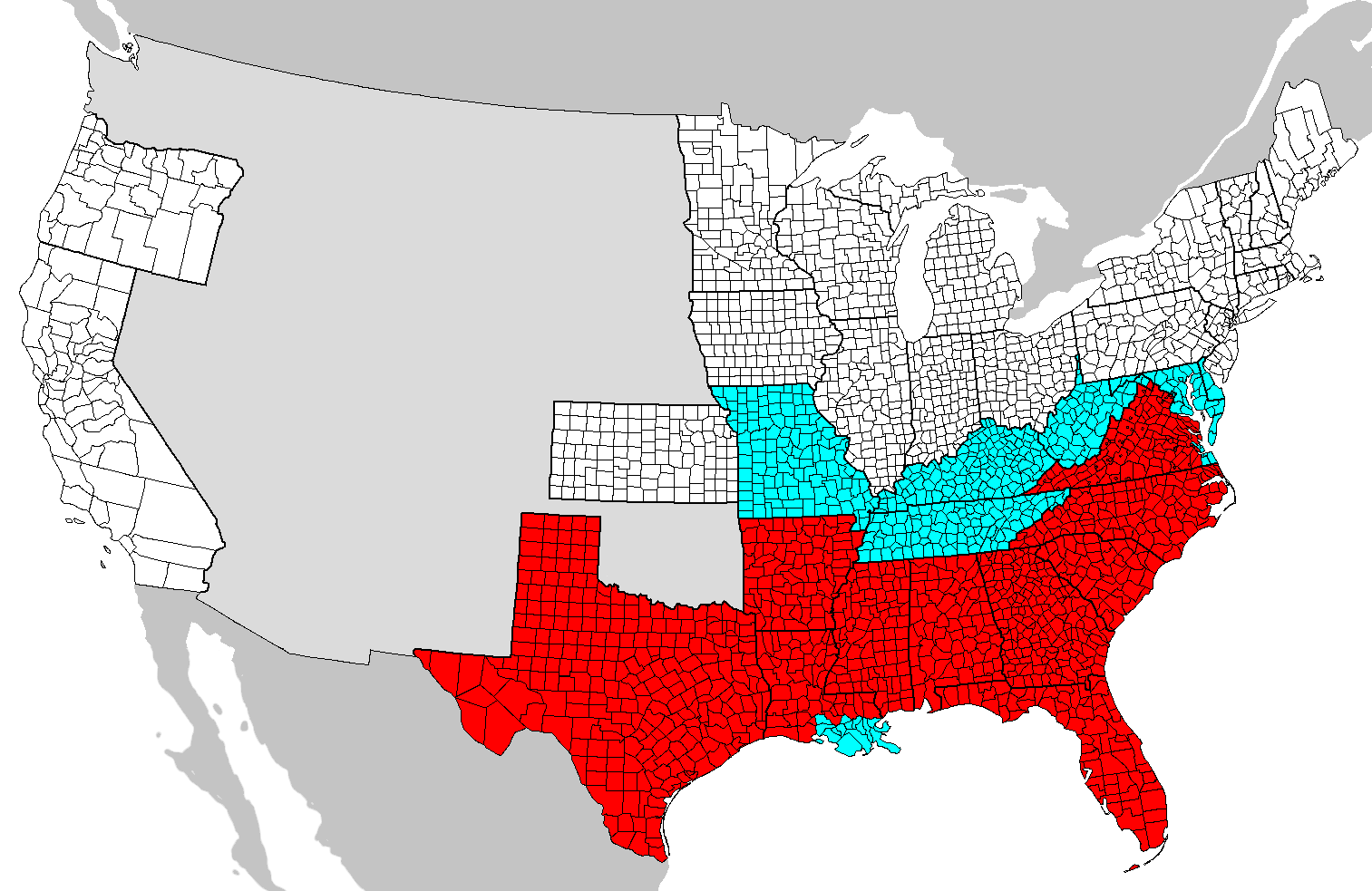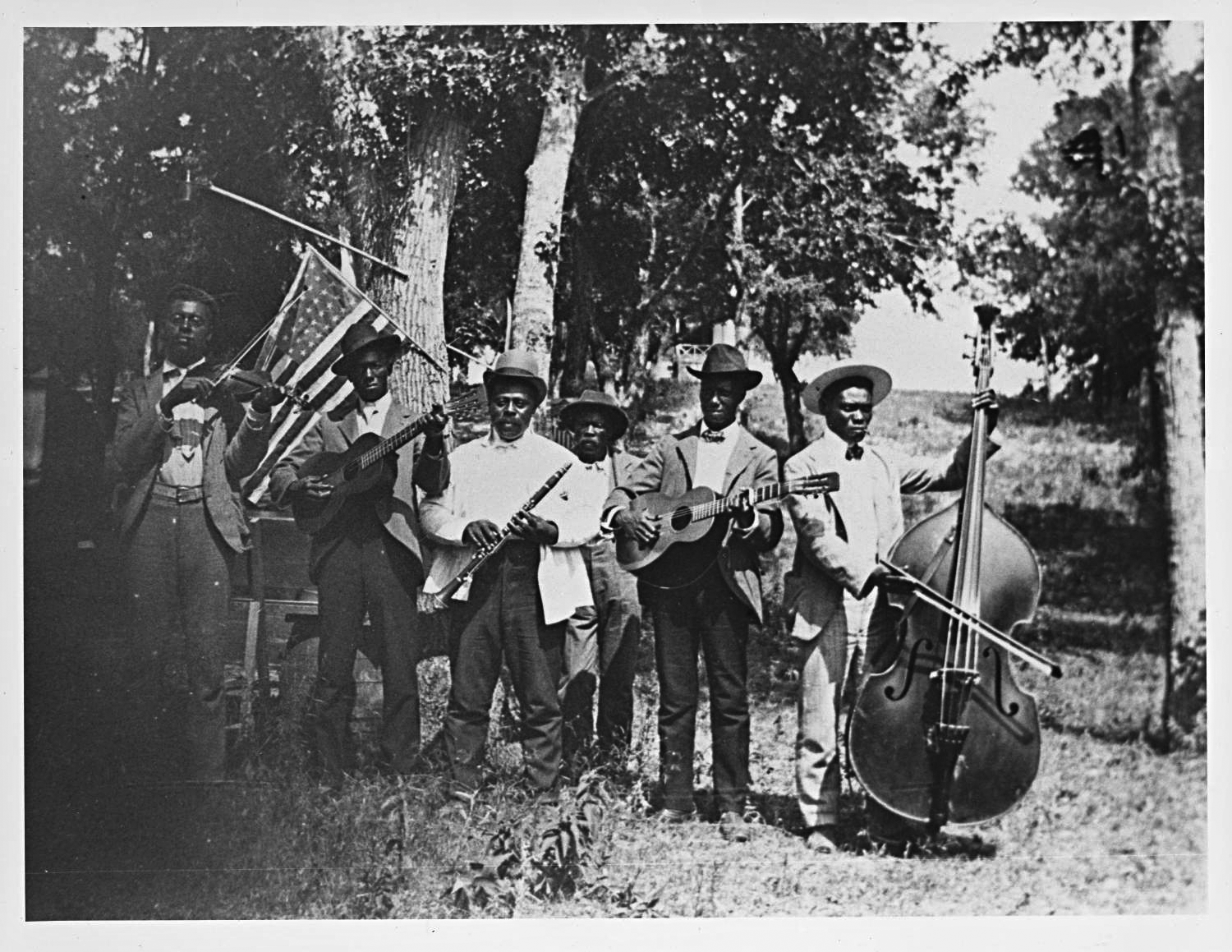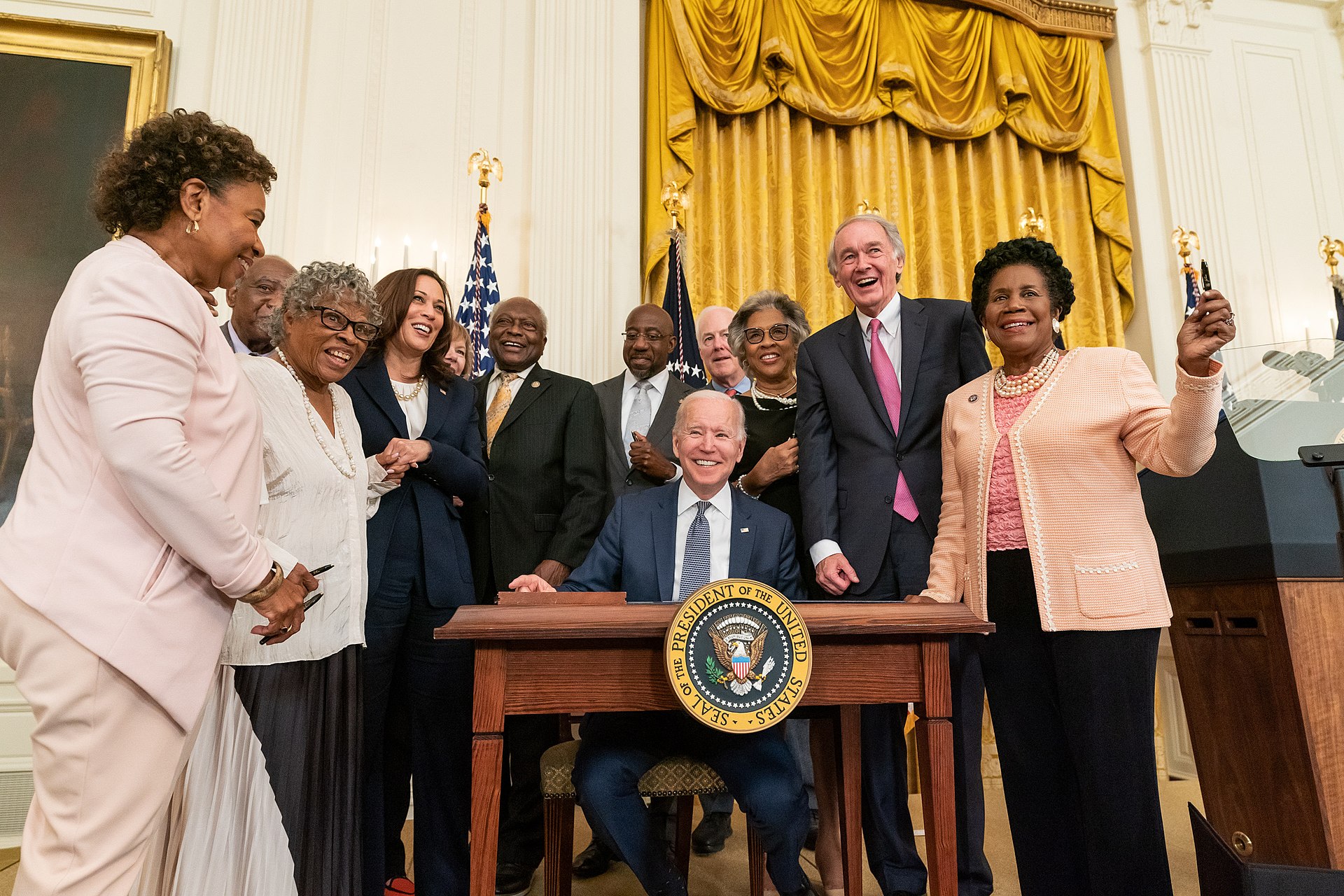Understanding The Importance Of Juneteenth
Language
Reading Level
Listen to Article

On Sunday, June 19, 2022, Americans will observe both Father's Day and Juneteenth, the nation's youngest federal holiday. Officially recognized in 2021, it commemorates the end of slavery in the United States. On this day in 1865, America's last enslaved people — a group in Texas — were notified that slavery had been made illegal and that they were free.
The events leading to this historic day began with the issuance of the Emancipation Proclamation on January 1, 1863. The document — released during the American Civil War (1861-1865) — freed millions of enslaved people in the 10 Confederate states of Alabama, Arkansas, Florida, Georgia, Louisiana, Mississippi, North Carolina, South Carolina, Texas, and Virginia. But the law did not apply to the enslaved people in the border states that had remained loyal to the Union. This included Missouri, Kentucky, Delaware, Tennessee, and Maryland. The 13th Amendment — passed by the US Congress on January 31, 1865 — closed the loophole and abolished slavery across the nation.

The two laws freed all but 250,000 enslaved people in Texas, who had only heard unconfirmed rumors about the 1863 Emancipation Proclamation. They were not freed until General Gordon Granger of the Union Army announced the decree in Galveston, Texas, on June 19, 1865.
Juneteenth began the following year when the former slaves celebrated their freedom's first anniversary with community cookouts, dances, and prayers. Over the years, Emancipation Day, or Black Independence Day — as it was also called - was observed in varying degrees in multiple states and was even declared a holiday in Texas in 1980.

But the holiday really started to gain national prominence in 2020 amid the countrywide protests against police mistreatment of African Americans. This, along with the growing awareness of systemic racism in US businesses, led companies like Twitter and Nike to make Juneteenth a paid holiday in 2021. The governors of New York, Virginia, and Pennsylvania also declared it a holiday for state employees.
While encouraging, it was not enough for 95-year-old activist Opal Lee, who had been campaigning to make Juneteenth a national holiday for over four decades. The Fort Worth, Texas, resident had stepped up her efforts since 2016 with a 2.5-mile march down West Lancaster Avenue every Juneteenth. The distance symbolized the almost 2.5 years it took the enslaved people in Texas to realize they had been freed. In 2021, the "Grandmother of Juneteenth" took her cause online with a petition on Change.org, collecting 1.6 million signatures.

Her efforts finally paid off on June 17, 2021, when President Joe Biden signed into law a measure that made June 19, or Juneteenth, a federal holiday. This was the first national holiday approved since Martin Luther King Jr. Day in 1983. Lee, who was invited to the White House to witness the momentous occasion, hopes the holiday will become a day of national unity.
"Juneteenth is not a Black thing, and it's not a Texas thing," she said. "People all over, I don't care what nationality, we all bleed red blood."
Happy Juneteenth!
Resources: USAtoday.com, Wikipedia.com, abcnews.go.com, cbsnews.com